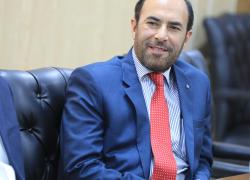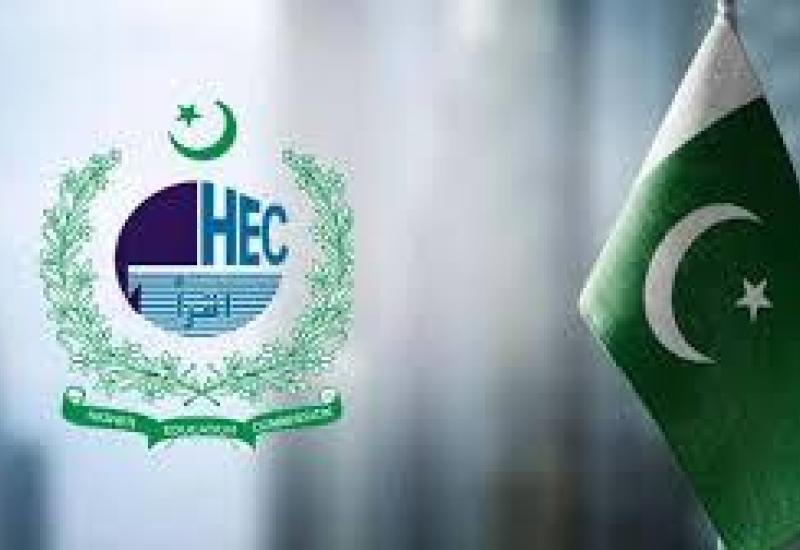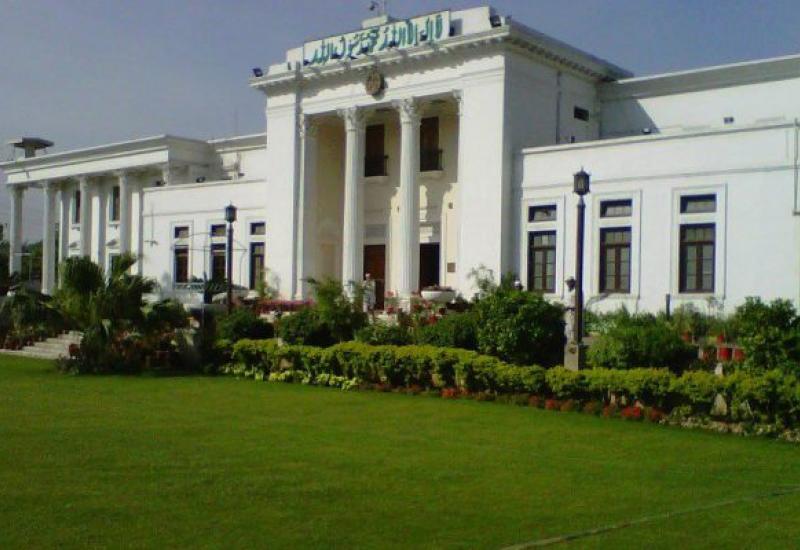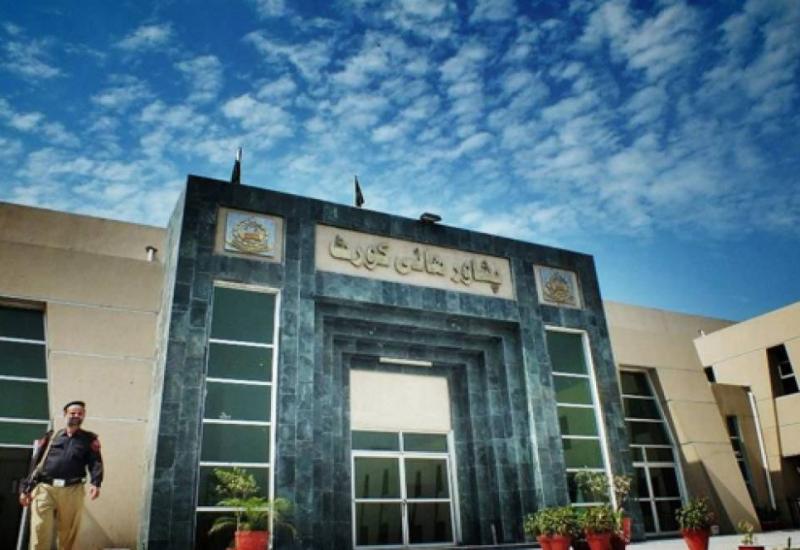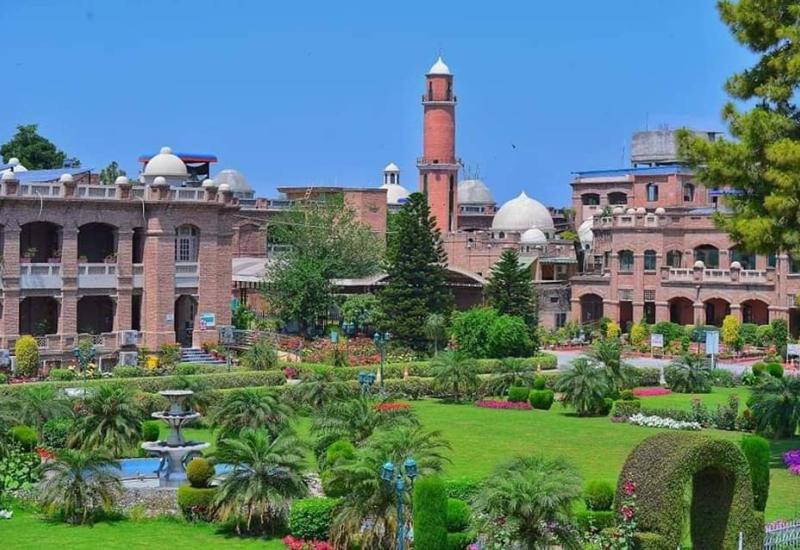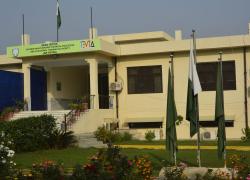Transforming Higher Education in Khyber Pakhtunkhwa: The Task Force Ambitious Plan
Khyber Pakhtunkhwa became the first province to constitute a high-level Task Force to revamp higher education system. The primary objective of the Task Force is to assess and reform the higher education sector to meet contemporary challenges, ensuring quality, accessibility, and relevance of higher education in the province. The task force will conduct a comprehensive review of the current state of higher education institutions (HEIs) in Khyber Pakhtunkhwa to identify gaps and challenges and formulate recommendations for policy reforms to improve the quality and accessibility of higher education through integration of technology to make it self-sustainable. This blog post briefly discusses the composition, Terms of Reference and significance of the task force.
Having faced severe criticism for not acting proactively on appointment of Vice Chancellors in the recent past and for its inability to provide adequate funding to the universities during its previous two tenures, the government of Khyber Pakhtunkhwa has set the stage for large scale reforms in the higher education sector. It signifies the government’s commitment to addressing the challenges confronted by the higher education sector in the province.
In line with directives of Khyber Pakhtunkhwa Chief Minister, the Higher Education Department (HED), has constituted a Committee/ Task Force to come up with policy recommendations to transform higher education in the province to meet challenges of the contemporary academic world.
This 11 member special Task Force is headed by distinguished Prof. Dr. Zia Ul Haq, Vice Chancellor Khyber Medical University Peshawar comprising of eminent educationists and notable academicians hailing from various educational institutions, including Prof. Dr. Abdus Salam Khalis, Prof. Dr. Jamil Ahmed (IT) from HEC Islamabad, Prof. Dr. Yurid Ahsan Zia from University of Peshawar, Prof. Dr. Abdullah Sadiq, Prof. Dr. Qibla Ayaz (ex-Vice Chancellor University of Peshawar), Prof. Dr. Hafeez Ullah (Ex- Vice Chancellor Khyber Medical University, Peshawar), Prof. Dr. Usman Ghani, Director, Institute of Management Sciences Peshawar , Prof. Dr. Gul Muhammad from University of Engineering & Technology, Peshawar, Prof. Dr. Zahoor Khan, Institute of Management Sciences Peshawar and the Deputy Secretary (Universities-II) from Higher Education Department who will serve as the member cum secretary of the committee.
Key focus areas include assessing the current state of higher education, identifying the underlaying reasons for financial crises in major public sector universities and developing a comprehensive plan to reform higher education setup in the province. The committee will concentrate on enhancing university-industry linkages, optimizing resource utilization and addressing cultural considerations to ensure inclusivity.
Terms of Reference (TORs) of the Task Force embrace but not limited to assessing current state of higher education in Khyber Pakhtunkhwa, including issues related to quality, financial sustainability, professional education, resource utilization, adherence to international standards in material sciences, social sciences and arts & humanities with intercultural/interregional considerations.
The Task Force shall identify causes of the financial crisis in the major public sector universities of the province and suggest corrective measures for each university. Developing a comprehensive higher education sectoral plan for the province that includes short-term, medium- term, and long-term policy frameworks to guide the future development and sustainability of higher education in Khyber Pakhtunkhwa is another area of consideration for the committee to deliberate upon and make viable recommendations to the government.
The Task Force shall identify key challenges confronted by HEIs in the Province such as incoherent curriculum and syllabi, deficient faculty professional development programs, and the effectiveness of Office of Research, Innovation & Commercialization (ORIC) and Quality Enhancement Cell (QEC) and shall propose strategies for revitalizing the dormant or inefficient ORIC and QEC to enhance their contribution to research, innovation and quality assurance in higher education.
While analyzing international best practices and trends in higher education, the Task Force shall develop comprehensive policy recommendations aimed at addressing the identified issues and improving the overall quality and effectiveness of higher education in the province.
To ensure that higher education in KP meets the evolving needs of the job market and engaging HEI’s sharing research beyond academia through knowledge exchange and public engagement, the Task Force shall come up with strategies for enhancing industry-academic collaboration and for optimal utilization of resources within HEIs (i.e. Universities and Colleges) to improve efficiency and effectiveness.
While, addressing the local and global cultural considerations in higher education policy aimed at inclusivity and relevance to the diverse population, the Task force shall suggest workable mechanism for enhancing the professional growth and development of faculty members in HEIs across the province besides recommending improvements to existing legal instruments involving all stake holders.
The Task Force shall present the findings in a comprehensive report to be shared with ll relevant stakeholders, including government, universities, industry representatives and professional bodies within 30 days from the date of notification to be submitted before the Provincial Cabinet for approval.
However, some areas that failed to grab attention of concerned authorities while defining TORs of the Task force include insuring accountability and transparency in running operational business of academia, curtailing political interference in internal business of the universities and moderating judicial activism with respect to HEIs besides reviving ineffective governance structure and management practices, improving HR practices in line with global best practices, academic audit and reviewing pay scales in HEIs to retain top talent and nurture an environment that rewards excellence and innovation in research and academics. Another worthwhile consideration for the Task Force must have been to clearly define the streams of funding to HEIs and the role of HEC and HED in overseeing the affairs of the universities, ensuring that higher education sector in the province maintain competitiveness in the global academia and research landscape.
This initiative underscores the government’s unwavering commitment to improving higher education standards in Khyber Pakhtunkhwa. If pursued with the desired level of seriousness and commitment, the recommendations of this Task Force will help put the higher education system in Khyber Pakhtunkhwa on the right track.
Note: The upcoming blog posts shall be dedicated exclusively to the working and proceedings of the Task Force for information and insight of the readers.


